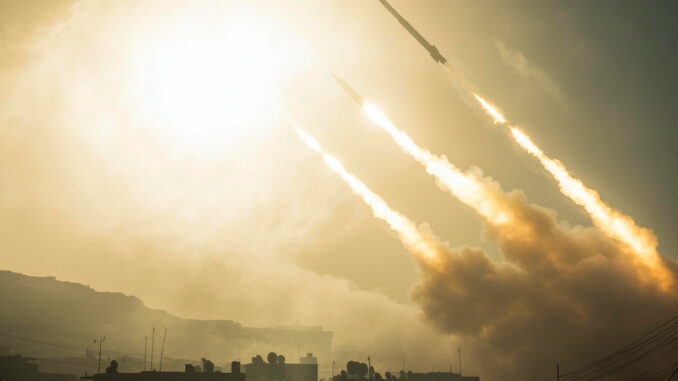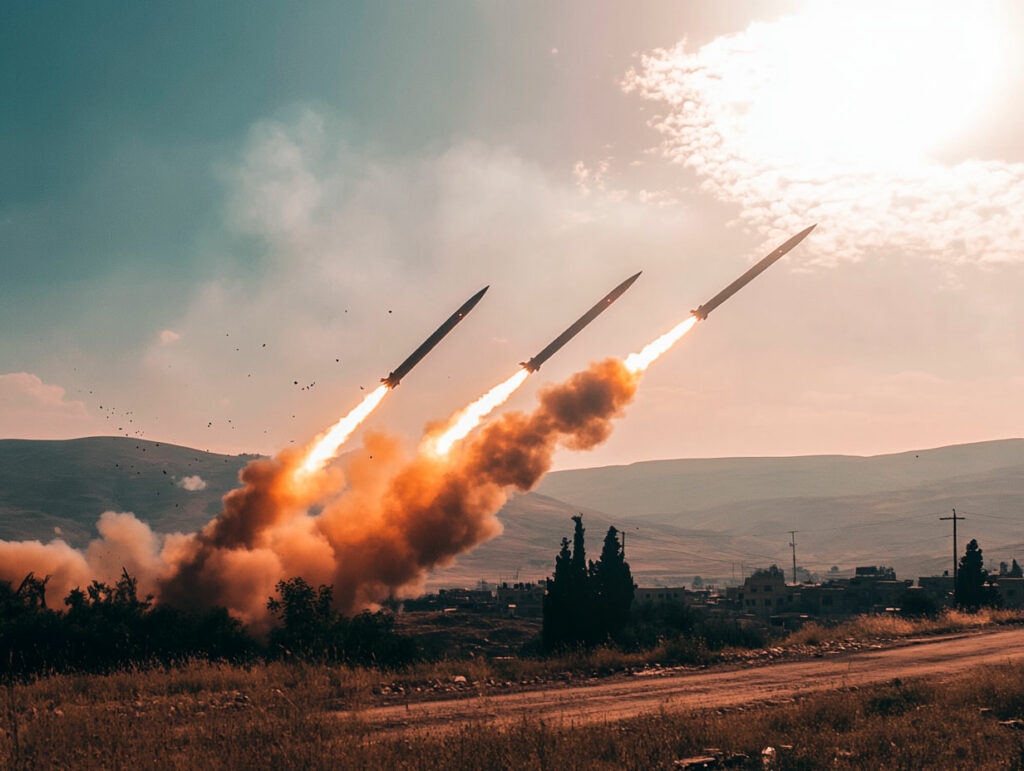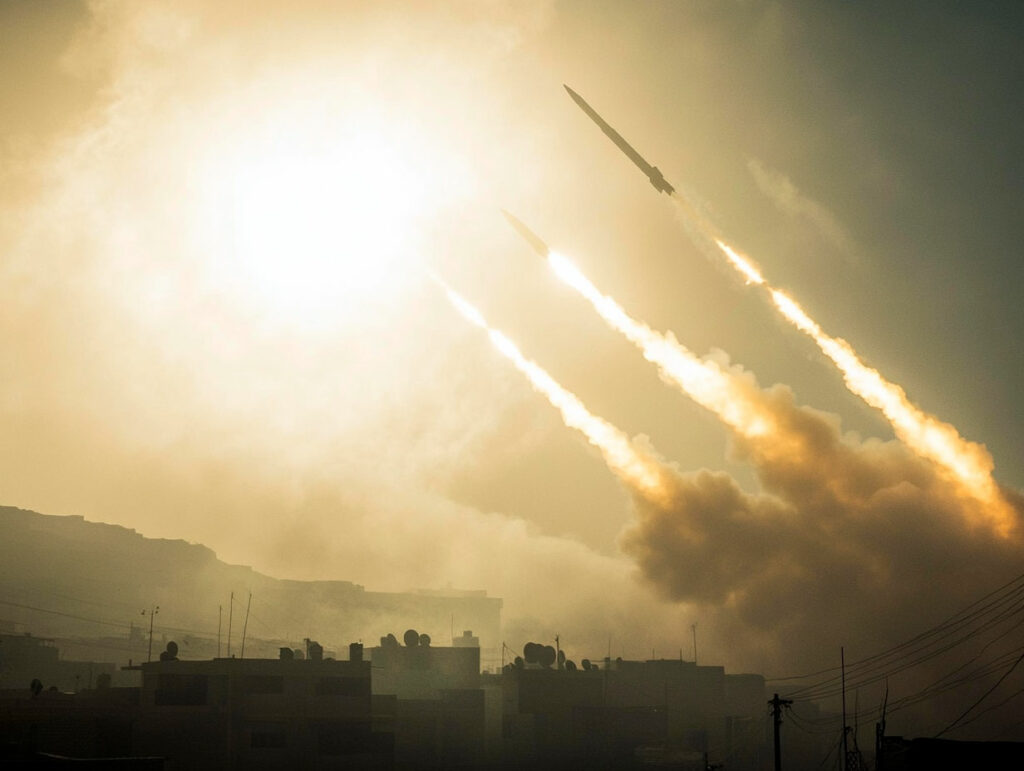
Israel deploys the Iron Beam, a revolutionary laser defense system. The Gulf States are showing a keen interest in this advanced technology.
The Iron Beam is a high-energy laser air defense system developed by Israel to intercept threats such as rockets, missiles and drones. Its cost per intercept is estimated at just $2, offering a cost-effective alternative to traditional systems. The Gulf States, facing similar security challenges, are showing increasing interest in this technology. However, political and technical considerations are influencing regional cooperation in the development and acquisition of such directed-energy weapons.
Iron Beam: a major technological advance
The Iron Beam is a directed-energy weapon system designed to intercept and destroy short-range aerial threats, including rockets, artillery shells and drones. Developed by Israeli company Rafael Advanced Defense Systems, the system uses a high-energy laser to neutralize targets up to 7 kilometers away. Unlike traditional defense systems that use kinetic interceptors, the Iron Beam offers virtually unlimited firing capacity as long as it is powered by electrical energy. This feature significantly reduces operational costs, with each intercept costing around $2, compared with $40,000 to $50,000 per missile for the Iron Dome system. What’s more, the Iron Beam eliminates the problem of debris generated by traditional interceptors, enhancing the security of protected areas. However, its effectiveness can be affected by adverse weather conditions, such as rain or fog, which can scatter the laser beam and reduce its range.

Growing interest in directed-energy weapons from the Gulf States
Faced with similar threats from rockets and drones, the Gulf States are showing a marked interest in directed-energy defense technologies. For example, Saudi Arabia has already acquired a Chinese-made anti-drone laser system, while the United Arab Emirates is exploring independent initiatives to develop similar weapons. However, despite this shared interest, there is no joint program within the Gulf Cooperation Council (GCC) to research or develop these systems. Reasons for this lack of collaboration include political considerations, divergent national priorities and technical challenges associated with integrating new technologies into existing defense infrastructures. In addition, the complex diplomatic relations between some GCC member states and Israel can complicate direct cooperation in this field.
Political considerations and export prospects
Although the Iron Beam represents a significant technological advance, its export to the Gulf States is currently unlikely due to political implications. Regional tensions and recent conflicts, notably Israel’s military operations in Gaza, make the purchase of Israeli defense technologies by Gulf states politically sensitive. Moreover, alternatives already exist in the region, such as kinetic interception systems supplied by other international partners, which may be perceived as less politically controversial. However, in the long term, if diplomatic relations improve and the Iron Beam proves its operational effectiveness, defense cooperation could become an option. It is also possible that tripartite partnerships involving international mediators could facilitate technology transfer while mitigating political sensitivities.

Technical and operational challenges
Despite its advantages, the Iron Beam has technical limitations. Currently, its effective range is limited to a few kilometers, necessitating the deployment of multiple units to cover vast areas, thus increasing costs and logistical complexity. In addition, weather conditions such as rain, fog or sandstorms, which are common in the Gulf region, can affect the system’s performance by dispersing the laser beam. Consequently, a thorough assessment of the Iron Beam’s operational effectiveness in different environments is essential before any acquisition or deployment considerations. Further research may also be required to adapt the technology to the specific conditions of the Gulf region, notably by improving the system’s resistance to airborne particles and developing maintenance protocols adapted to desert environments.
War Wings Daily is an independant magazine.